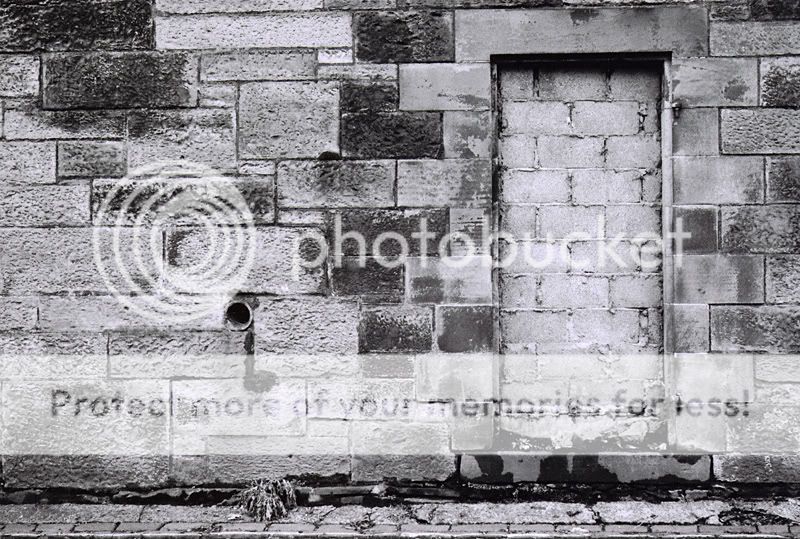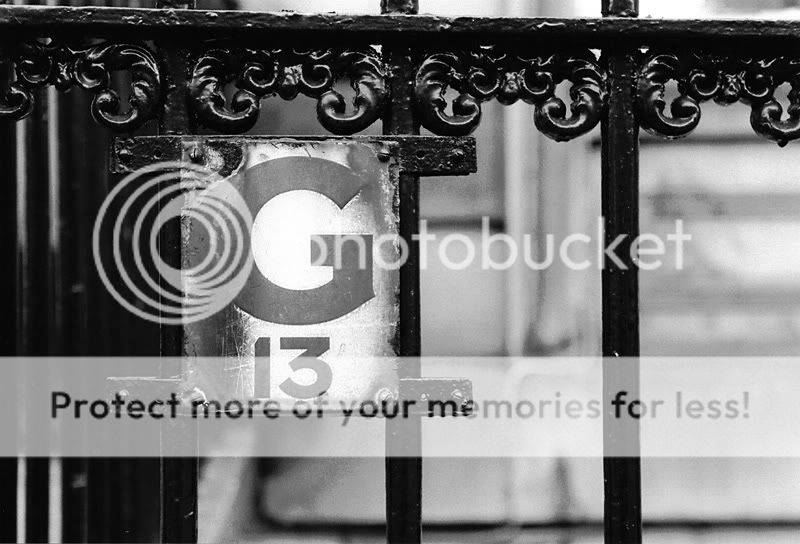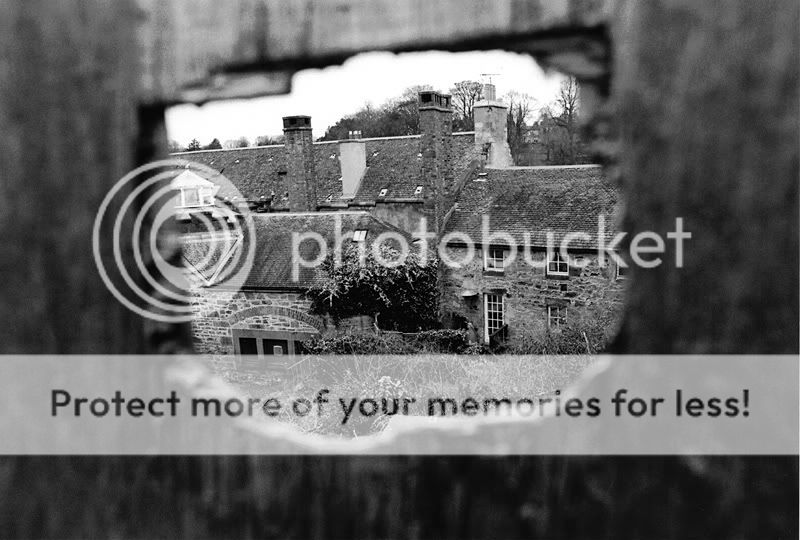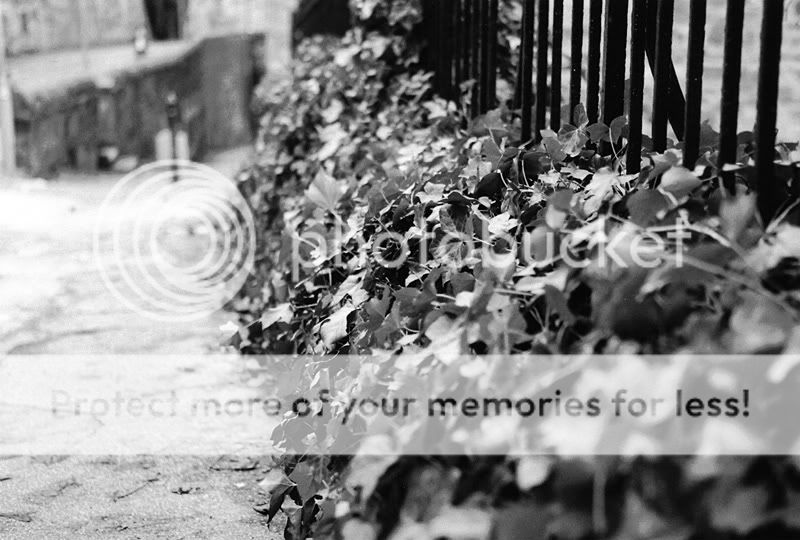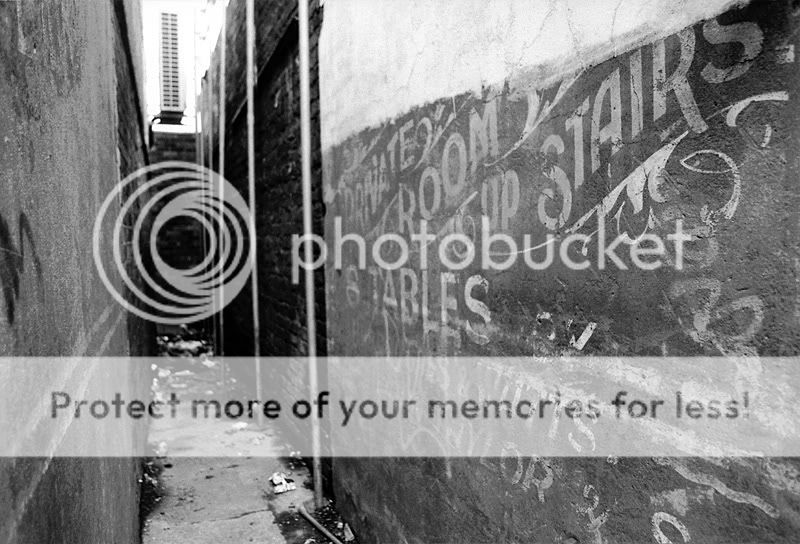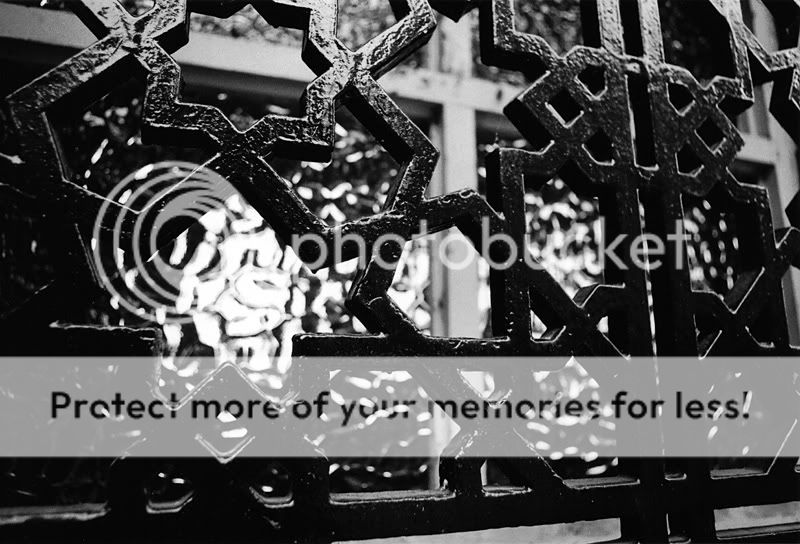B
b16a2
Guest
Hey people,
I started in film, but never experimented with different types, or learned about processing...
I recently decided to take the film body out of a box, and play around with the reason people shoot film... the film itself! I did a bit of research, and found that Ilford 400 HP5 sounds like a good place to start for a medium contrast black and white result.
That is where my knowledge of film ends, I have never been lucky enough to process my own film, nor have I learned anything about the technical side of developing film.
I finished two rolls of the Ilford today, and decided to walk into Boots, and then Jessops, and then Jacobs to find out that all of them needed to send the film away to get it developed, and that it is likely to be three weeks before I see the prints... I am curious why it isn't possible to get these done in-store, and also, in doing some homework, I am thinking there's quite a lot of variables relative to how an photograph ends up after the shutter closes.
In my hunting, I found the following document:
http://www.ilfordphoto.com/Webfiles/20106281054152313.pdf
This seems to infer that there are different temperatures, chemicals, and times for developing the film... are all of those things variable? Or are they more specific depending on the film itself?
In reading the film developing sticky in this forum, I read that there are two main (are they the only?) processing types (C-41, and E6)... am I correct in assuming that most high-street developers use only C-41, and therefore my film is probably E6, and therefore, not something that they can deal with? How are you supposed to know which process to use on a specific type of film?
Another question, should I be developing with companies like Jessops, or Boots, or am I better off sending film away to a company like Loxley? If so... are there any companies that are better to look at than the few that I have mentioned?
Also, when I look at price-lists, I am lost when trying to find out how much it will cost to process my film. Look at the following link:
http://www.loxleycolour.com/docs/film_processing_professional_process.pdf
...is someone able to explain where my film belongs in this list? Or how about this one:
http://www.trumpslab.co.uk/scanning/processing.html
Am I correct in thinking that they are 135/24? Also, does 'process and contact' mean develop, and print?
Sorry, there's a load of questions here, but I am confused!
In any case, if I am looking for prints from my roll, am I in fact looking for:
Process and Contact of 135/24 in E6?
Many thanks if you've taken the time to read through this, and even more thanks to those of you that decide to respond!
Cheers,
Evan
I started in film, but never experimented with different types, or learned about processing...
I recently decided to take the film body out of a box, and play around with the reason people shoot film... the film itself! I did a bit of research, and found that Ilford 400 HP5 sounds like a good place to start for a medium contrast black and white result.
That is where my knowledge of film ends, I have never been lucky enough to process my own film, nor have I learned anything about the technical side of developing film.
I finished two rolls of the Ilford today, and decided to walk into Boots, and then Jessops, and then Jacobs to find out that all of them needed to send the film away to get it developed, and that it is likely to be three weeks before I see the prints... I am curious why it isn't possible to get these done in-store, and also, in doing some homework, I am thinking there's quite a lot of variables relative to how an photograph ends up after the shutter closes.
In my hunting, I found the following document:
http://www.ilfordphoto.com/Webfiles/20106281054152313.pdf
This seems to infer that there are different temperatures, chemicals, and times for developing the film... are all of those things variable? Or are they more specific depending on the film itself?
In reading the film developing sticky in this forum, I read that there are two main (are they the only?) processing types (C-41, and E6)... am I correct in assuming that most high-street developers use only C-41, and therefore my film is probably E6, and therefore, not something that they can deal with? How are you supposed to know which process to use on a specific type of film?
Another question, should I be developing with companies like Jessops, or Boots, or am I better off sending film away to a company like Loxley? If so... are there any companies that are better to look at than the few that I have mentioned?
Also, when I look at price-lists, I am lost when trying to find out how much it will cost to process my film. Look at the following link:
http://www.loxleycolour.com/docs/film_processing_professional_process.pdf
...is someone able to explain where my film belongs in this list? Or how about this one:
http://www.trumpslab.co.uk/scanning/processing.html
Am I correct in thinking that they are 135/24? Also, does 'process and contact' mean develop, and print?
Sorry, there's a load of questions here, but I am confused!
In any case, if I am looking for prints from my roll, am I in fact looking for:
Process and Contact of 135/24 in E6?
Many thanks if you've taken the time to read through this, and even more thanks to those of you that decide to respond!
Cheers,
Evan


